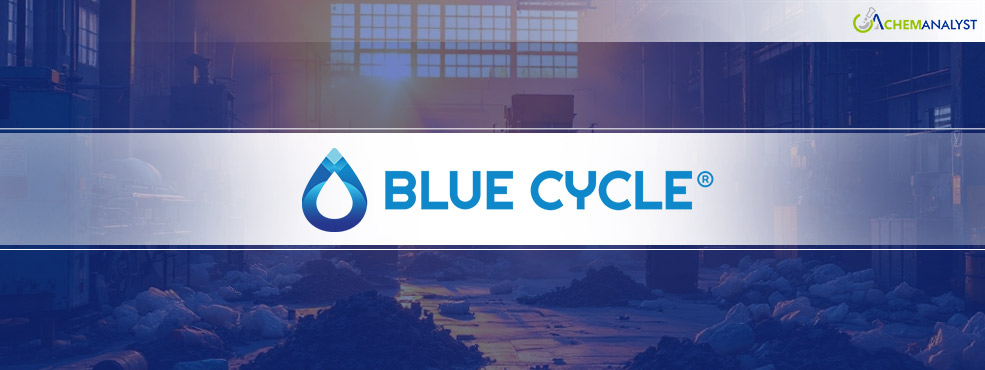Welcome To ChemAnalyst

Blue Cycle, a groundbreaking plastic recycling company based in Heerenveen, Netherlands, has declared bankruptcy. Established in late 2022, the company made headlines as the first in the nation to convert plastic waste into oil, offering an innovative solution to the growing plastic waste crisis. However, despite its technological success, Blue Cycle succumbed to mounting financial challenges, halting operations less than two years after its inception.
The plant began operations in 2023 under the leadership of founder Nico Vos, aiming to redefine recycling by transforming non-recyclable plastic waste into reusable oil. The facility showcased the viability of its cutting-edge process, drawing interest from sustainability advocates and investors. However, Director Eric Witvoet cited a combination of escalating operational costs, delays in achieving full production capacity, and the substantial investments required for the plant as the primary reasons for the financial collapse. Speaking to Omrop Fryslân, Witvoet noted, “While our technology proved its worth, the external pressures and financial burdens became insurmountable.”
Blue Cycle’s journey was not without controversy. Local residents raised complaints about chemical odors emanating from the plant, adding a layer of complexity to the company’s operations. These concerns strained community relations, an essential factor for companies engaged in industrial activities in residential areas.
In recent weeks, Blue Cycle’s 20 employees were informed about the financial difficulties facing the organization. Efforts to secure a buyer and attract new investments were unsuccessful, largely due to the significant capital required to sustain and expand operations. Despite this, Witvoet remains hopeful. “We still believe in the potential of our technology and are optimistic about the possibility of a restart under new management or with fresh investors,” he stated.
The bankruptcy has also had broader implications, with the provincial sustainability fund facing significant losses. The fund, which invested over seven million euros in Blue Cycle, saw its financial support for innovation backfire. Michiel Hendriks, the fund’s director, acknowledged the loss and emphasized the inherent risks involved in backing high-stakes, innovative projects.
Blue Cycle’s closure highlights the challenges faced by startups in the recycling and sustainability sector. While its pioneering efforts demonstrated the potential for advanced recycling technologies to tackle plastic waste, the financial and operational hurdles reveal the fragility of such ventures in the absence of robust financial planning and community support.
Despite its closure, stakeholders remain optimistic that the facility’s innovative technology will find new life under different circumstances. For now, Blue Cycle’s story stands as a testament to the promise and challenges of driving environmental innovation in a competitive and demanding industry.
We use cookies to deliver the best possible experience on our website. To learn more, visit our Privacy Policy. By continuing to use this site or by closing this box, you consent to our use of cookies. More info.
